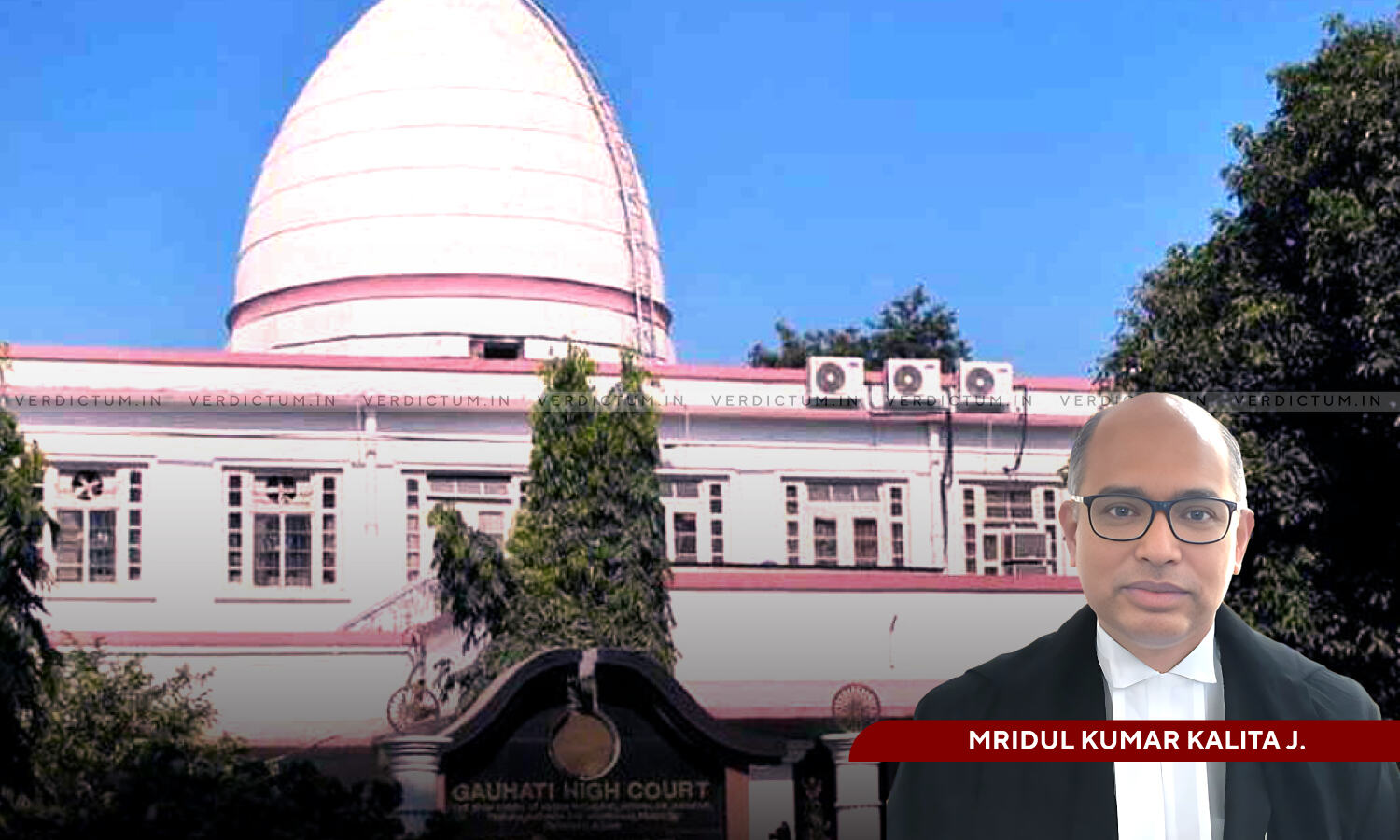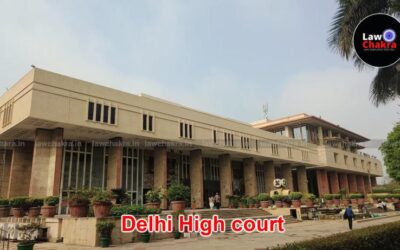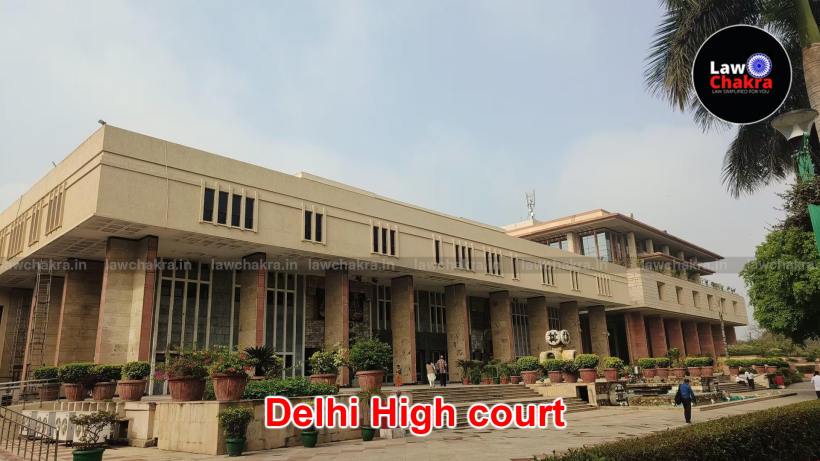Magistrate Must Ascertain Condition Of Arrestee Through Video Conferencing Or Personal Visit

The Gauhati High Court held that a Magistrate must ascertain the condition of an arrestee through video conferencing or personally visiting such an arrestee whose arrest has been reported to him by the Police.
The Court allowed the bail Application of the Petitioner, who claimed to have been tortured by the police and was subsequently admitted to a hospital. The Court granted bail due to the delay in his production before the Magistrate.
A Single Bench of Justice Mridul Kumar Kalita held, “It appears that the learned Magistrate has erred in not passing any order regarding production of the petitioner through video conferencing mode when such a prayer was made by the Investigating Officer on 15.04.2025 by simply allowing the Investigating Officer to produce the petitioner before the Magistrate as and when he is released from the hospital. Such an order without clarifying the status of the petitioner, as to whether he is in custody or a free person, when the arrest of the petitioner was reported to the said Magistrate stating the reasons for not producing him before such Magistrate, is in violation of the provisions contained in Section 57 of the BNSS as well as Article 22(2) of the Constitution of India.”
Advocate S Mitra appeared for the Petitioner, while Additional Public Prosecutor R.J. Baruah represented the Respondent.
Brief Facts
The Petitioner argued that though he was arrested on April 15, 2025, he was produced before the Court of the Chief Judicial Magistrate on 18.04.2025 at 05:25 P.M. He contended that this amounted to detention of the Petitioner in police custody for a period of more than 24 hours without his production before the nearest Magistrate and thus, there has been a violation of Article 22(2) of the Constitution.
Court’s Observations
The High Court noted, “It also appears that the petitioner, after his arrest on 15.04.2025, sustained serious injuries on his leg. Though, there are rival contentions as to how the petitioner sustained injuries, however, the undisputed fact remains that for last 45 days he has been admitted in Gauhati Medical College and Hospital and no remand order is there on record in connection with Noonmati P.S. Case No. 76/2025.”
The Bench remarked, “Though, there is no dispute at the bar regarding the proposition of law, as mandated by Article 22 of the Constitution of India, that every person who is arrested and detained in custody shall be produced before the nearest Magistrate within 24 hours of his arrest excluding the time taken for the journey from the place of arrest to the Court or the Magistrate and no such person shall be detained in custody beyond the said period without authority of a Magistrate, however, in the instant case, though the petitioner was arrested on 14.04.2025 (as apparent from the arrest memo of the petitioner available in the record), however, there is no order of remand either judicial or police neither the petitioner is released on bail.”
The Court held, “It is settled constitutional position that an arrestee shall have to be produced before the nearest Magistrate within 24 hours excluding the time required for his production before such Magistrate. There may be exceptions to such requirement, like in the instant case where the arrestee is injured and requires urgent medical care so that instead of producing such an arrestee before the Magistrate, he might have to be rushed to the hospital for providing urgent medical treatment. However, in such cases also the Magistrate may ascertain the condition of the arrestee through video conferencing or personally visiting such arrestee whose arrest has been reported to him by the Police. After the arrest of a person if he is not released on bail, an order for remand to judicial custody has to be made though it can be qualified by clarifying that the petitioner may continue to stay in the hospital after ascertaining such a requirement. For the said purpose, the Magistrate may also call for a report from the hospital where the arrestee has been admitted.”
The Bench clarified, “However, as Section 187 of BNSS categorically states that subject to condition of bail, the Magistrate may authorize his detention either in judicial or in police custody. Unless, such an order is passed, the initial arrest of the petitioner beyond the period of 24 hours from the time of his arrest, would become illegal.”
Consequently, the Court ordered, “For the reasons stated hereinabove, the petitioner, namely, Bittu Kumar is allowed to go on bail of Rs.30,000/- (Rupees Thirty Thousand) with two sureties of like amount subject to the satisfaction of the learned Chief Judicial Magistrate.”
Accordingly, the High Court allowed the Bail Application.
Cause Title: Bittu Kumar v. The State Of Assam (Bail Appln./1662/2025)
Appearance:
Petitioner: Advocates S Mitra, R. Rameez, AK Boro and S.Mitra
Respondent: Additional Public Prosecutor R. J. Baruah




